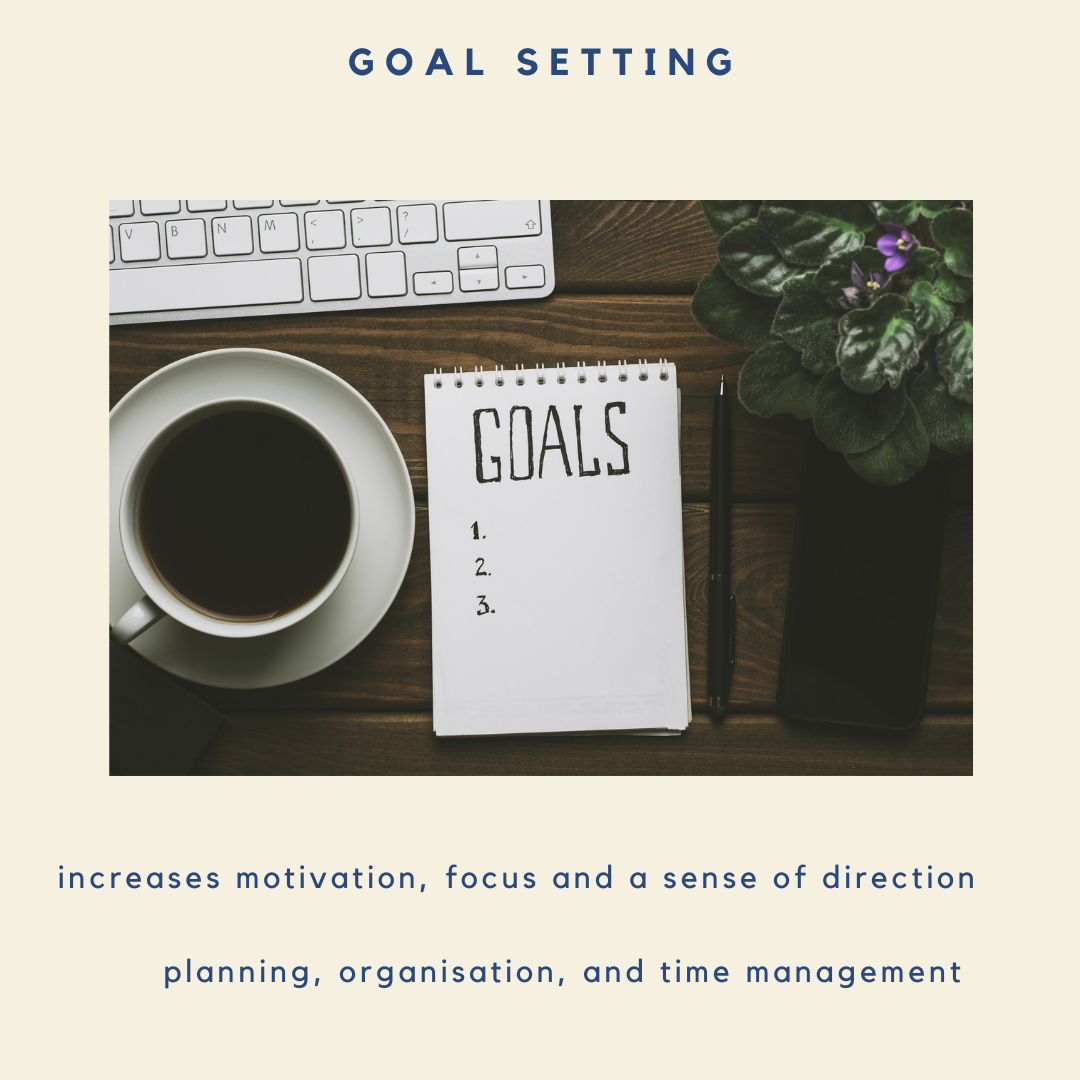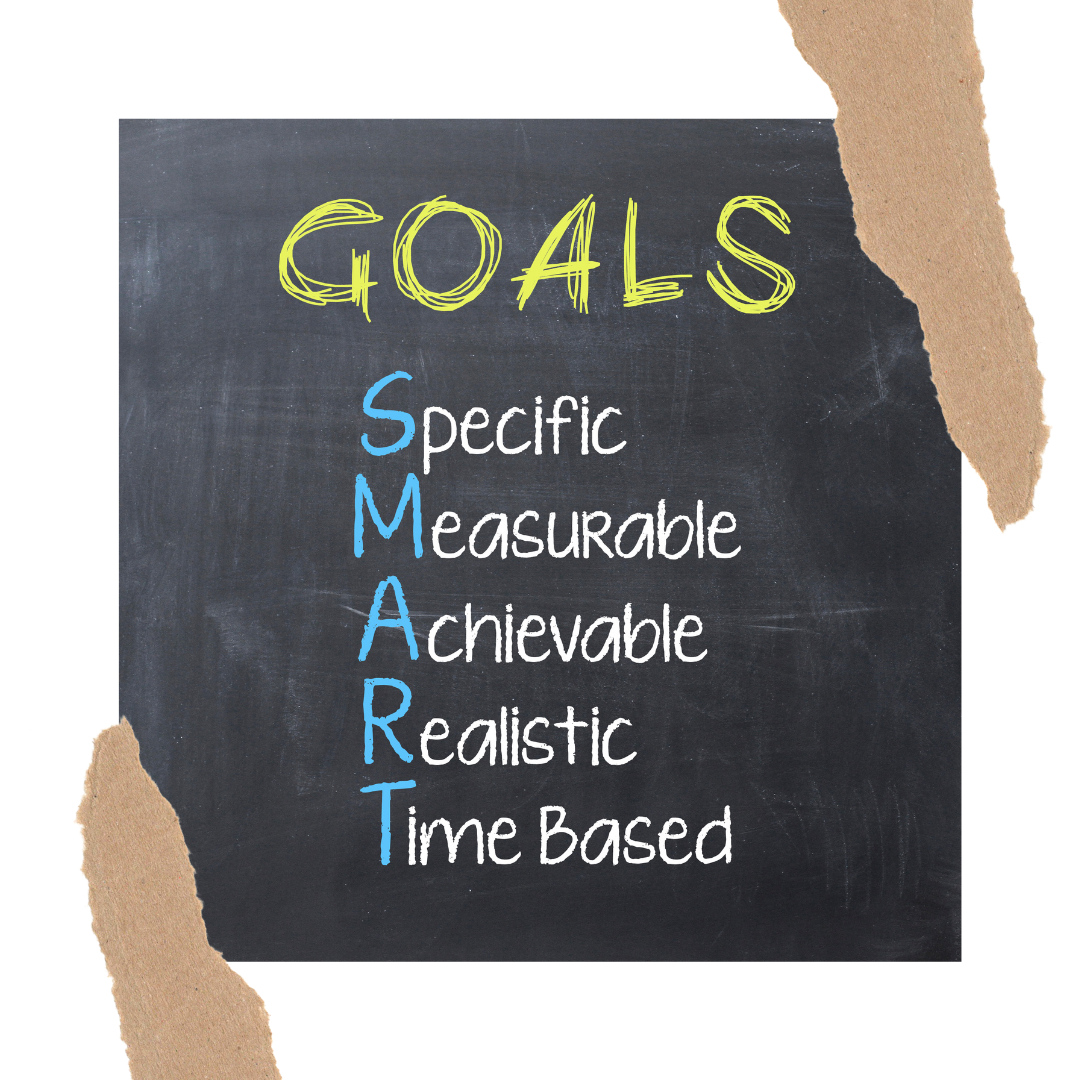Setting SMART Goals

I want to do better at work. I want to earn more. I want to lose weight. I want to be more successful. I want to spend more time with my kids and my friends.... Does any of these sound familiar?
Last week, I bought a new planner, and, like always, I got so excited and started making plans and setting goals. After the first brainstorming, there were a lot of exciting resolutions. Some of those included learning German, writing more posts for all three blogs, reading more books, and exercising more. Oh yes, I also want to attend a conference or two, get a certificate in eLearning, and discover more about digital learning and learning apps.
Not bad resolutions. As a matter of fact, some of those are among the top 5 resolutions people make. According to one research, the top resolutions include (1):
- Exercise more (38 %).
- Lose weight (33 %).
- Eat more healthily (32 %).
- Take a more active approach to health (15 %).
- Learn new skill or hobby (15 %).
These are all great resolutions. So, why do so many (88% (2) to be more specific) fail to stick to these goals?
It's the way people set goals. And because setting the right kind of goals is so important, it's never too early or too late to start.
Now, let's see why this matters in learning.

Goal setting is essential as it can help increase motivation, focus and a sense of direction. Setting and tracking goals helps us learn important life skills such as planning, organisation, and time management while also building communication skills, self-awareness, and confidence.
Now, let's focus on one of my goals - learning German. What does it mean "learn German" and how can I achieve that?
The simple fact is that for goals to be powerful, they should be designed to be SMART
- Specific
- Measurable
- Attainable
- Relevant
- Time-bound.
So, how does this work?
First, the goal has to be specific. Here are a few questions that might help:
- What do you want to accomplish? (Pass an exam? Be able to give a talk? Just have fun learning? Get a job in Germany?)
- Why is this goal important to you? (Another skill in a CV? Curiosity about the language?)
- Who is involved? (Are you going to work alone? Learn with your partner or a friend?)
- Which resources or limits are involved? (Are you going to learn from a book? Learning app? How much time do you have for learning?)
It's also important to have measurable goals so that you can track your progress and stay motivated. In order to measure something, you should put a number to it:
- How many/much? (How much time are you going to spend each day learning? How many new words are you going to write down?)
- How will you know when it is accomplished?
Now, setting achievable yet not too easy goals is a challenge. The achievability of the goal should be stretched to make you feel challenged, but defined well enough that you can actually achieve it. These are the types of goals that require you to "raise the bar" and they bring the greatest personal satisfaction.
Goals should be relevant to the direction you want learning to take. For example:
- I want to finish with this level so I am going to spend two extra hours this weekend on practising.
- I need to improve my reading skills, so I am going to get a book in German and read it this month.
The final consideration when setting a goal should be the deadline. You can set a time-bound goal by asking yourself:
- How many lessons can I finish before weekend?
- I have three more weeks before the interview. Do I need to speed up?
Finally, the physical act of writing down a goal makes it real and tangible. Make a plan, set SMART goals, write them on a piece of paper and put them on a wall as a constant reminder.
Now, can you see a difference between:
- This year, I'm going to learn a new language
- First week in January, I will send an email to five language schools and ask about their German lessons. I'll subscribe to a German podcast and listen to one every week. I will build a list of 200 new words in four months.
(2) http://www.richardwiseman.com/quirkology/new/USA/Experiment_resolution.shtml
